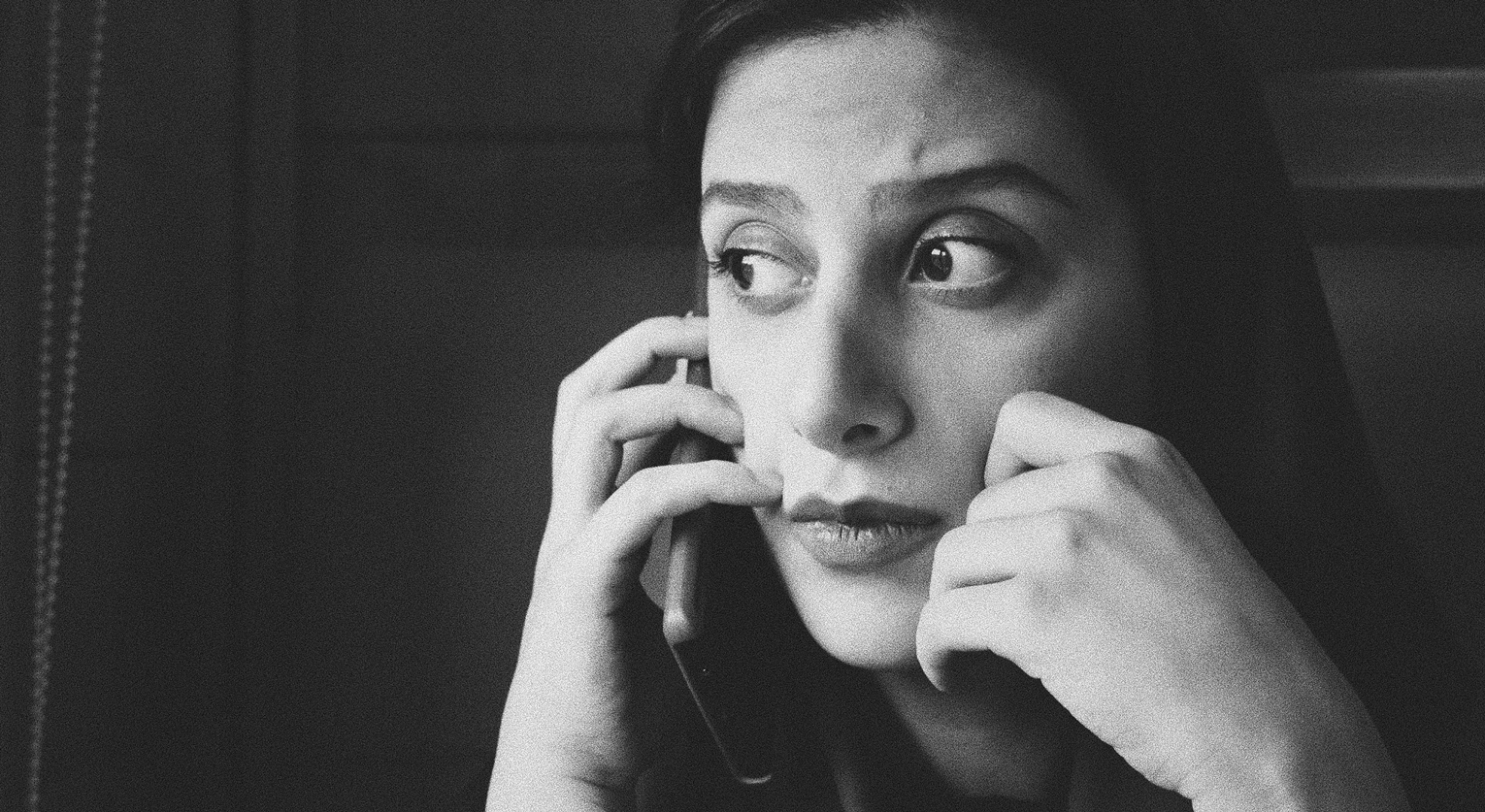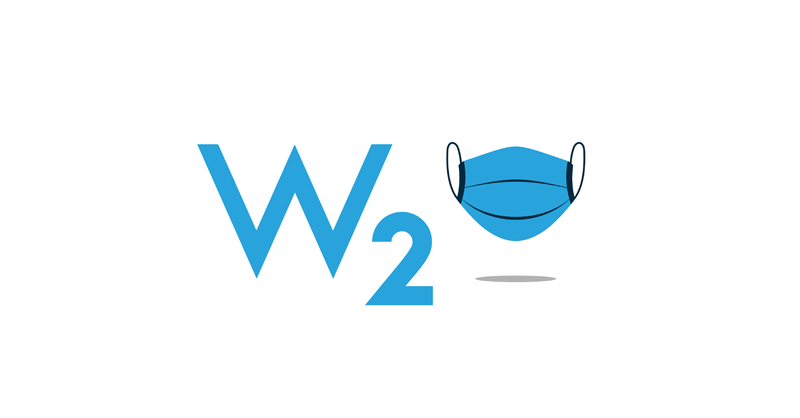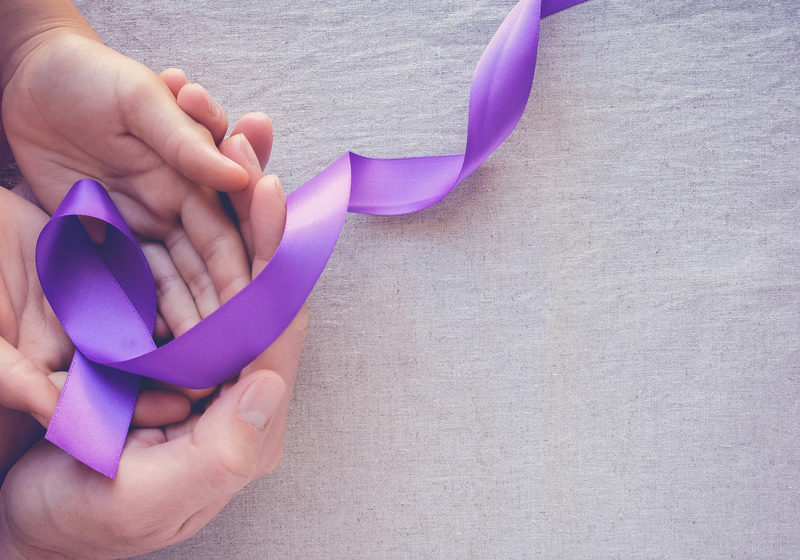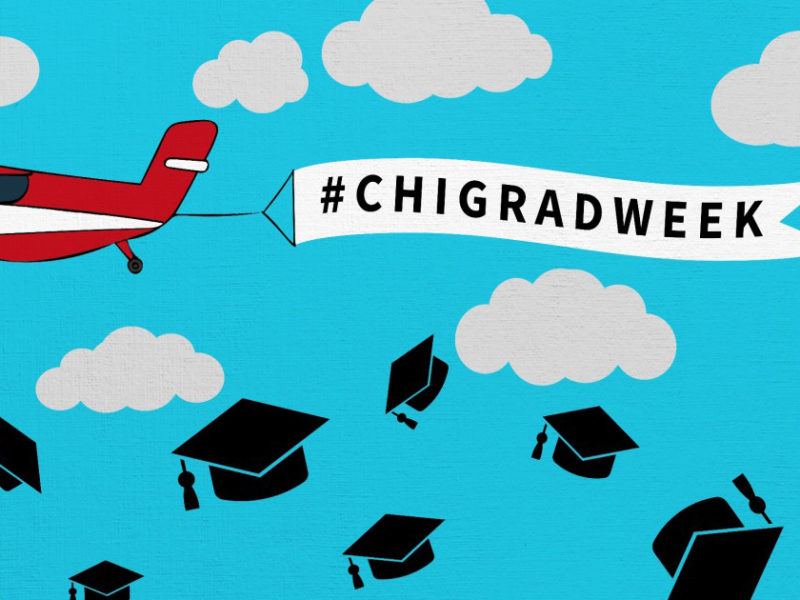
How Chicago Mental Health Professionals Are Handling a Deluge of New Cases
The clinicians at NAMI Chicago are under siege.
While the number of COVID-19 cases in the United States exceeds that of any other nation on the planet, the National Alliance on Mental Illness (NAMI) in Chicago, is facing an influx of mental health cases like nothing it has seen before. Calls to their hotline have jumped 24 percent over their usual level, and they’re expecting some 900 calls in March alone—almost three times the number they usually get during a high-volume month. And with only seven clinicians operating the phones, they’re drastically understaffed.
“We feel tired and urgent. Nobody was prepared for this.” Alexa James, Executive Director of NAMI Chicago, said. “We know how to manage crisis well. I’m concerned about sustainability if we can’t afford more staff and our need continues to grow. But—we are ready to serve and will make it work.”
While there are some 100 NAMI affiliates across the country, NAMI Chicago is unique in the direct services they provide. They train police on crisis intervention. They reach 9,000 CPS students through suicide prevention programs every year. They help elderly Chicagoans transition into a new routine in assisted living facilities. Most importantly right now, they operate the city of Chicago’s primary mental health hotline.
When someone calls 311 for mental health related advice, they get the folks at NAMI Chicago. Due to the measures put in place to curb the spread of the coronavirus, tens of thousands of people have found themselves in crisis situations that are wreaking havoc on their mental health. And right when NAMI Chicago is needed most, they are prevented from hitting the pavement to bring aid to directly communities.
“The mission of NAMI Chicago is to reduce stigma by engaging with people to change the narrative and normalize mental health issues,” James said. “That in-person outreach isn’t possible right now.”
As the record number of calls to the hotline attests, mental health conditions are precariously poised for communities across the city. People are out of work. In many cases, their basic needs—food, shelter, stability—are compromised. All of this has an impact on mental health conditions that are difficult to improve when the essential components, alongside unprecedented degrees of isolation, are abruptly destabilized in people’s lives.
“People get sick when they’re disconnected,” James said. “And treatment is important. I love therapy. Go to therapy, take your meds, go to support groups. But that’s not how you heal. And we have just depleted the other three significant recovery pieces from people’s lives: stable housing, purpose—a job—and community. It worries me.”
Part of the problem is that Chicagoans everywhere regularly deal with a debilitating degree of trauma that is currently being exacerbated by the coronavirus outbreak. But under normal circumstances, people find ways to soothe (whether healthy or not) those discomforts: eating out, going to bars, shopping excessively. As James sees it, this moment is testing the coping skills of Chicagoans under already stressful conditions.
“The way you can sit in pain and feel comfortable is when you have built-in support systems and when you can self-soothe,” James said. “I think when we start spinning, relationships change, we become disconnected, we become isolated. And it can be pretty scary.”
But for the people at NAMI Chicago, this just motivates them to push harder, to work longer, and to connect more deeply. From where James stands, the organization cannot curtail what makes this situation anxiety-inducing, but they can help people identify community, connect them to support services, and show them a vital bit of compassion.
“We can’t mitigate the scariness of this,” James said. “What we can do is help people build resilience. It’s totally normal to be scared. What we need to do is build resilience. This is also about kindness and validation.”
The NAMI Chicago Helpline (833-626-4244) is always free and is open Monday-Friday from 9am to 8pm, and Saturday & Sunday from 9am to 5pm.
Want to help NAMI Chicago continue providing the essential services they offer Chicagoans? Support their work with a donation.




